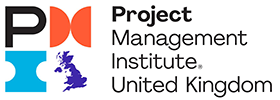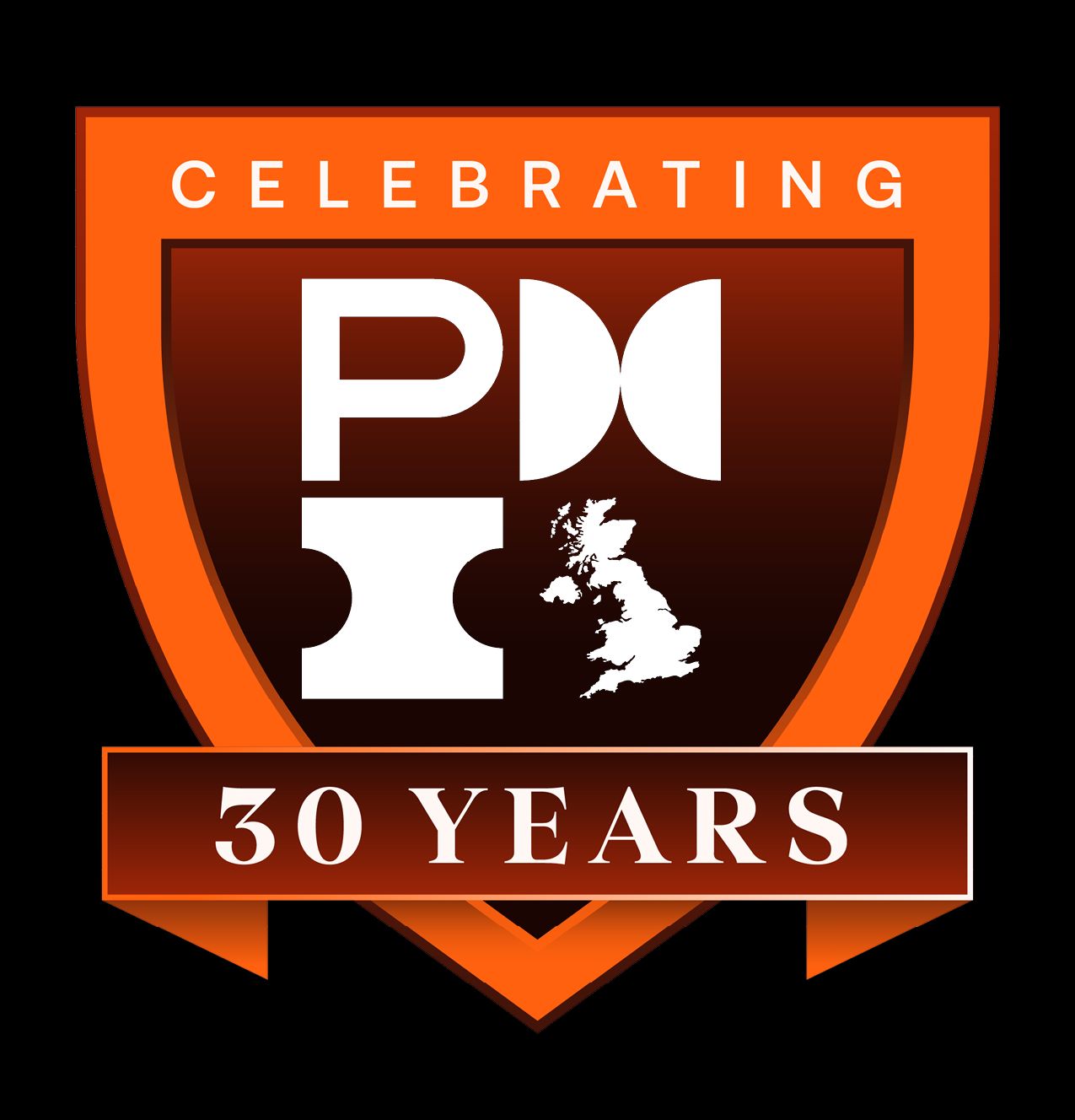In today’s fast-paced business environment, where every minute counts, effective project management has never been more critical. The PMI UK Chapter recently hosted an insightful webinar, “Valuing the Project Time and Accounting for Every Hour,” featuring Ali Mafi, a leading expert in construction project management. The session drew a diverse audience eager to explore innovative strategies for optimizing project time management. This blog post provides a detailed summary of the key takeaways from the event, highlighting critical insights shared by Ali Mafi during his presentation.
Key Takeaways from the Webinar
Ali Mafi’s presentation centered on the pivotal role of project time management and offered practical strategies for enhancing efficiency in construction projects. Drawing from his extensive experience, Ali emphasized that time is the most valuable resource in any project and must be managed with a comprehensive approach to ensure project success.
1. Focus on Overall Project Time
 Ali Mafi stressed the importance of managing overall project time rather than focusing solely on individual tasks. He shared his early experiences at Heathrow Terminal 4 and how prioritizing daily checks and balancing project flow was crucial in avoiding unnecessary delays.
Ali Mafi stressed the importance of managing overall project time rather than focusing solely on individual tasks. He shared his early experiences at Heathrow Terminal 4 and how prioritizing daily checks and balancing project flow was crucial in avoiding unnecessary delays.
“Project time is the most precious resource on a project and impacts most of the other project performance criteria. Focusing on reducing project time is the only way that benefits everyone on the project.”
2. Embrace a Systems Thinking Approach
 Ali warned against the pitfalls of suboptimization—improving isolated parts of a project without considering the whole system’s efficiency. He emphasized adopting a systems thinking approach, where all improvements are evaluated based on their impact on the overall project goals, rather than just isolated components.
Ali warned against the pitfalls of suboptimization—improving isolated parts of a project without considering the whole system’s efficiency. He emphasized adopting a systems thinking approach, where all improvements are evaluated based on their impact on the overall project goals, rather than just isolated components.
“We realized actually most of the improvements we’re making were not actually improving the project; they were just what we call now suboptimization.”
3. Implement Lean Thinking Principles
 Ali discussed the application of lean thinking principles, such as minimizing waste and optimizing workflows, to project management. He highlighted the need for shorter feedback loops and real-time data to monitor progress, enabling more effective decision-making and reducing the likelihood of errors.
Ali discussed the application of lean thinking principles, such as minimizing waste and optimizing workflows, to project management. He highlighted the need for shorter feedback loops and real-time data to monitor progress, enabling more effective decision-making and reducing the likelihood of errors.
“We started practicing all the things that people are talking about now—system thinking, structured problem-solving, which involved a lot of data analytics—and then moved on to things like Six Sigma.”
4. Leverage the Theory of Constraints
 Drawing inspiration from Eliyahu Goldratt’s “Theory of Constraints,” Ali emphasized the importance of identifying and addressing the most significant bottlenecks in a project. The Theory of Constraints is a management philosophy that focuses on improving the performance of the most limiting factor (constraint) in a process to achieve overall system improvements. Ali applied this concept to encourage project managers to focus on their most pressing constraints to enhance project flow and reduce time wastage.
Drawing inspiration from Eliyahu Goldratt’s “Theory of Constraints,” Ali emphasized the importance of identifying and addressing the most significant bottlenecks in a project. The Theory of Constraints is a management philosophy that focuses on improving the performance of the most limiting factor (constraint) in a process to achieve overall system improvements. Ali applied this concept to encourage project managers to focus on their most pressing constraints to enhance project flow and reduce time wastage.
“If you’re not focusing on the constraint and the bottleneck, you’re not going to get much improvement. You may get some cost saving, but it won’t reduce project time.”
5. Engage All Stakeholders
 Ali highlighted the value of involving all stakeholders, including subcontractors, in the decision-making process. This collective approach ensures that all perspectives are considered, fostering a more inclusive environment that leads to better project outcomes.
Ali highlighted the value of involving all stakeholders, including subcontractors, in the decision-making process. This collective approach ensures that all perspectives are considered, fostering a more inclusive environment that leads to better project outcomes.
“Engaging all stakeholders isn’t just a ‘nice to have’—it’s essential. Everyone involved in the project has a role to play in achieving the final goal.”
6. Adopt Specific Strategies for Reducing Project Time
 Ali provided several actionable strategies for reducing project time, such as reducing batch sizes, prioritizing tasks effectively, and using a “satnav” approach to dynamically adjust plans based on real-time data. These strategies are designed to improve workflow efficiency and enhance overall project performance.
Ali provided several actionable strategies for reducing project time, such as reducing batch sizes, prioritizing tasks effectively, and using a “satnav” approach to dynamically adjust plans based on real-time data. These strategies are designed to improve workflow efficiency and enhance overall project performance.
“Project should work like a satnav—it should tell you live time to completion daily. If your system does not pick up the movement of the bottleneck, then you are likely to lose a lot of time throughout the journey.”
Analysis of Post-Event Survey Results
Following the webinar, participants were invited to share their feedback through a post-event survey. The survey results provided valuable insights into the effectiveness of the event.
High Overall Satisfaction
The survey results indicated that 80% of participants were highly satisfied with the webinar, demonstrating that the event met or exceeded most attendees’ expectations. This positive feedback reflects the relevance and quality of the content delivered by Ali Mafi.
Valuable Learning Outcomes
Many attendees reported significant learning outcomes from the webinar, including a better understanding of time management’s role in project performance and practical strategies to reduce project time. Participants appreciated the fresh perspectives on optimizing project workflows and improving efficiency through lean thinking principles.
Plans for Implementing New Strategies
Several respondents expressed intentions to apply the strategies discussed during the webinar in their future projects. These plans included focusing on reducing overall project time, adopting real-time monitoring techniques, and implementing a more holistic approach to project management.
Challenges in Implementation
Despite the positive feedback, some participants noted challenges in implementing the new strategies. Key challenges included the need for senior leadership buy-in and the complexity of integrating new practices with existing workflows. For some, there was also a concern about aligning the proposed strategies with their organization’s current processes and culture.
Watch the Webinar
For those who missed the live session or wish to revisit the insightful discussion, you can watch the full webinar below:
Conclusion
The “Valuing the Project Time and Accounting for Every Hour” webinar with Ali Mafi provided valuable insights into effective project management practices, emphasizing time management, avoiding suboptimization, and implementing lean thinking principles. These strategies can help project managers optimize workflows and improve project outcomes.
Reference:
Access the webinar and more details on our website: August 2024: Valuing the Project Time and Accounting for Every Hour with Ali Mafi.
About the Author
 Sam Leung, Technology and Digital events Team, PMI UK Chapter. He believes in the transformative power of AI for global challenges and improving lives. He is dedicated to exploring AI tools for task automation, decision-making, and communication enhancement and positive community impact.
Sam Leung, Technology and Digital events Team, PMI UK Chapter. He believes in the transformative power of AI for global challenges and improving lives. He is dedicated to exploring AI tools for task automation, decision-making, and communication enhancement and positive community impact.
He has expertise in Agile and global implementation management.


